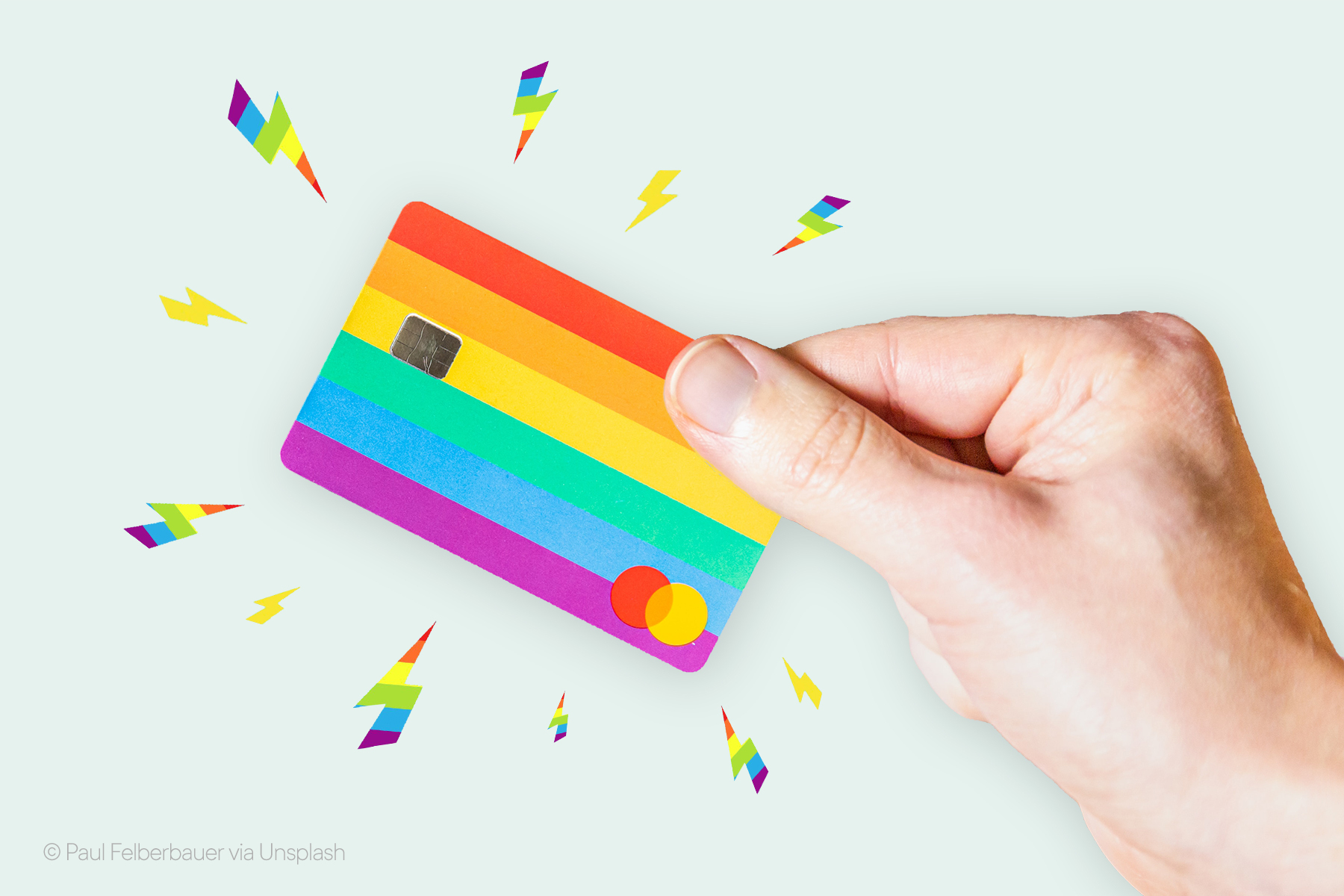Pride for Profit
Every year, we celebrate Pride Month in June. What started as a movement to remember activism history and the resilience of the LGBTQ community has now unfortunately become just another opportunity for brands to profit from. Brands are creating pride theme marketing campaigns, they are releasing limited edition rainbow merchandise, in fact they are even sponsoring pride parades around the world. Pride parades have been commoditized to such an extent that people now feel the message behind the celebration is getting lost behind the involvement of big corporations. Commercialization of pride for earning profits is prevalent today.
Opportunistic corporations leave no stone unturned to exploit an event that has the attention of consumers across the globe. Brands have been pouring in millions of dollars into pride related events each year to position themselves as allies to the community and win over the people belonging to the LGBTQIA+ community and its allies. This money is used to manage the entire event like permit costs, contractors, entertainers, staff, etc. There is intense competition among companies to sponsor these parades given the visibility it brings them. Companies like Apple, Facebook, Uber, Airbnb and countless others have all sponsored pride marches in the past and continue to do so. While widespread awareness and funding is great, pride month is unfortunately becoming increasingly commercialized and participation of these companies seem less about inclusivity and more about a marketing opportunity. As soon as the month of June begins, the entire internet is flooded with the rainbow color. We see rainbow colored brand logos on social media, we see pride themed brand merchandise, we see celebrities turn advocates for the LGBTQ community. It has become a heavily branded affair where pride and profits are now mixed. It has just become normal for brands to profit off a community that has since long endured discrimination and harassment.
Here’s where the problem lies. Until a few years ago, LGBTQIA+ inclusion was unheard of in Indian companies and a majority of the people belonging to the LGBTQIA+ community remained in the closet. For those who could not hide their non-conforming gender behavior, bullying and harassment at the workplace went on as usual. No steps were taken to ensure that the queer community, who constitute a sizeable percentage of the workforce, do not feel excluded. In many cases companies even have a history of anti-LGBTQ stance. However, consumers today are no fools and understand the tokenism of the corporates.
But as soon as Indian companies realised how Pride month is a great way to get the eyeballs and ensure likes and clicks on your brand, they started showing support in the form of rainbow themed collections and queer brand ambassadors. Companies spend more money on marketing these products than they donate. More importantly these gimmicks downplay the importance the rainbow flag can hold for some people which is why it is important for brands to understand its significance today before they launch the campaign earmarked for June in their calendars. There are brands who have genuinely shown up as allies like Godrej, IBM and McKinsey with their gender inclusive policies and constant efforts to ensure that queer employees feel valued.
Brands need to earn the opportunity that pride gives them by standing for the community in real ways. Where were these brands 50 years ago when the LGBTQ community had their darkest moments? They all steered clear of anything to do with the community. Brands need to prove that they are not just jumping on something that is trendy and prove that they are committed to the cause long term and not just experimenting to earn brownie points in the month of June. Simple changes like providing gender neutral bathrooms for non-binary and cisgender people in the offices and also using correct gender pronouns can make a huge difference in the lives of trans people. Another good way is to start including the community, not just on the face of the marketing campaigns but also in making and producing the campaigns. There are so many issues that affect different cross-sections of the LGBTQ people that businesses can actually help with, only if they can leave their obsession with the pride parade and the month of June and realise that they can be allies for the remainder of the months as well.




Comments